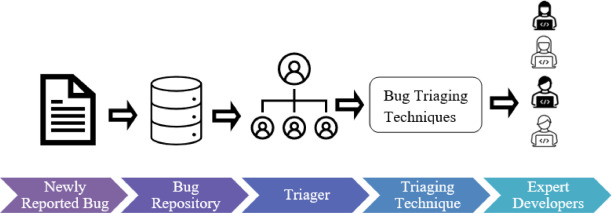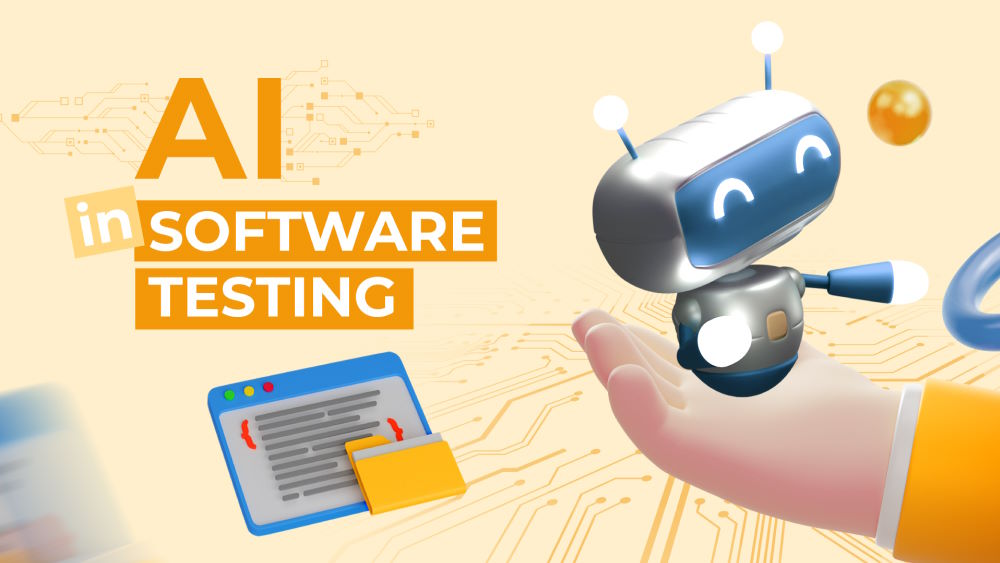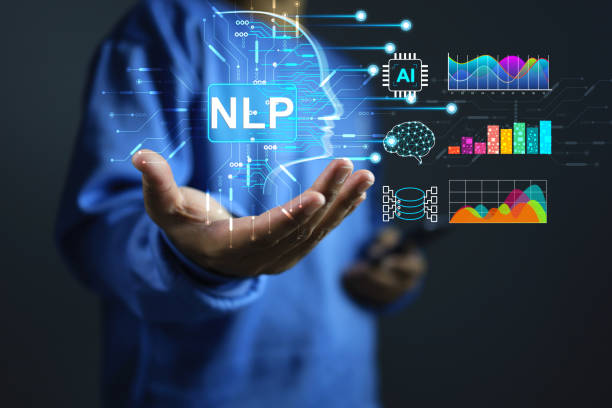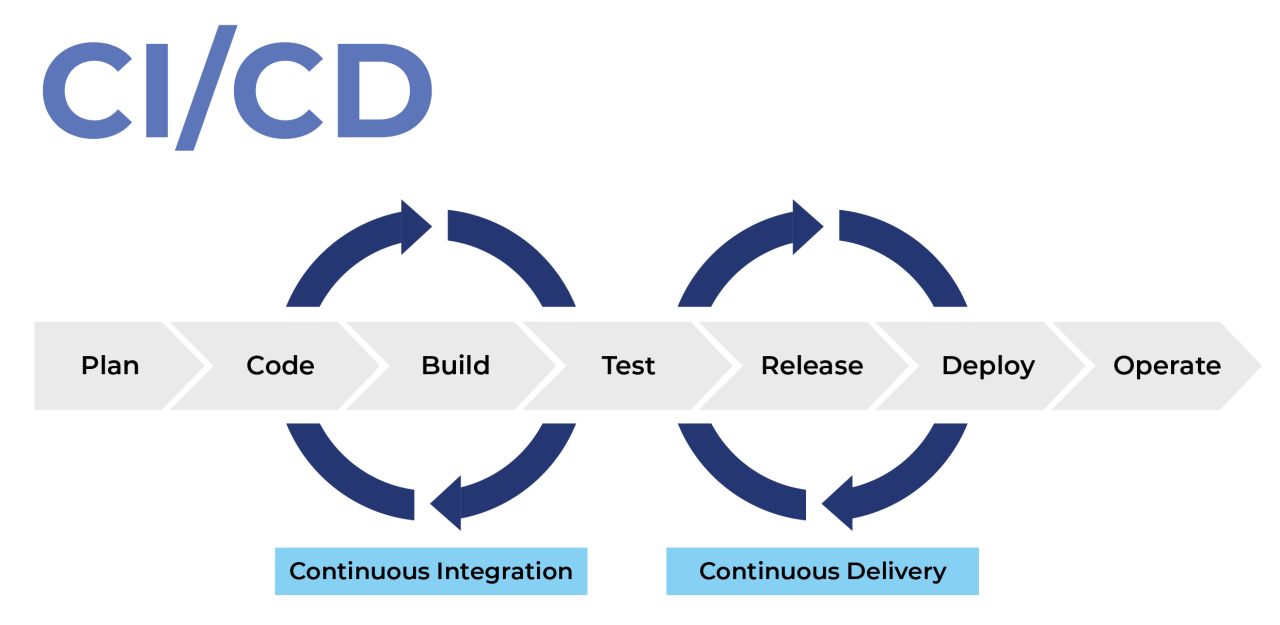Introduction
Artificial intelligence (AI) has rapidly emerged as a transformative force in the software industry. By integrating AI technologies, software development processes have become more efficient, intelligent, and adaptive. AI's ability to analyze vast amounts of data, automate repetitive tasks, and provide predictive insights is revolutionizing how software is designed, developed, tested, and maintained.
This introduction explores the multifaceted impact of AI on the software industry, highlighting its influence on code generation, bug detection, software testing, intelligent development environments, and more. As AI continues to evolve, it is reshaping the landscape of software engineering and offering unprecedented opportunities for innovation and improvement.
1. Automated Code Generation and Optimization
Code Generation: AI-driven tools can generate code snippets, complete functions, and even build entire applications based on user specifications. Examples include GitHub Copilot and OpenAI Codex.
Code Optimization: AI can optimize code for performance, reducing resource consumption and improving execution speed.

2. Bug Detection and Fixing
Static Code Analysis: AI-powered tools analyze code to detect potential bugs and vulnerabilities before they cause issues in production. Examples include DeepCode and Codacy.
Automated Debugging: AI can assist in identifying the root causes of bugs and suggest fixes, reducing the time developers spend on debugging.

3. Software Testing
Test Case Generation: AI can automatically generate test cases to cover a wide range of scenarios, improving test coverage and reliability.
Automated Testing: AI-driven testing tools can execute tests and analyze results, identifying potential issues and reducing manual testing efforts.

4. Intelligent Development Environments
Smart IDEs: Integrated Development Environments (IDEs) enhanced with AI can provide intelligent code suggestions, autocompletion, and real-time error detection. Examples include IntelliJ IDEA and Visual Studio Code with AI plugins.
Personalized Developer Assistants: AI-driven assistants can learn from a developer's habits and provide personalized recommendations, improving productivity.
5. Natural Language Processing (NLP)
Documentation and Requirements Analysis: AI can analyze natural language documentation and requirements, translating them into technical specifications or identifying inconsistencies.
Chatbots and Virtual Assistants: AI-powered chatbots can assist developers by answering questions, providing documentation, and offering troubleshooting advice.

6. DevOps and Continuous Integration/Continuous Deployment (CI/CD)
Automated Monitoring and Alerting: AI can monitor software performance in real-time, detecting anomalies and predicting potential failures before they occur.
Predictive Maintenance: AI can analyze historical data to predict when components are likely to fail, allowing for proactive maintenance and reducing downtime.

Conclusion
The impact of AI on the software industry is profound and far-reaching, transforming traditional practices and enabling new possibilities. From automated code generation and intelligent debugging to enhanced security measures and personalized user experiences, AI is driving significant advancements across all facets of software development and deployment.
However, this transformation also brings challenges, including ethical considerations, skill gaps, and data privacy concerns. As the industry navigates these complexities, the continued integration of AI promises to deliver more efficient, reliable, and innovative software solutions. Embracing AI's potential while addressing its challenges will be key to unlocking the future of the software industry.
